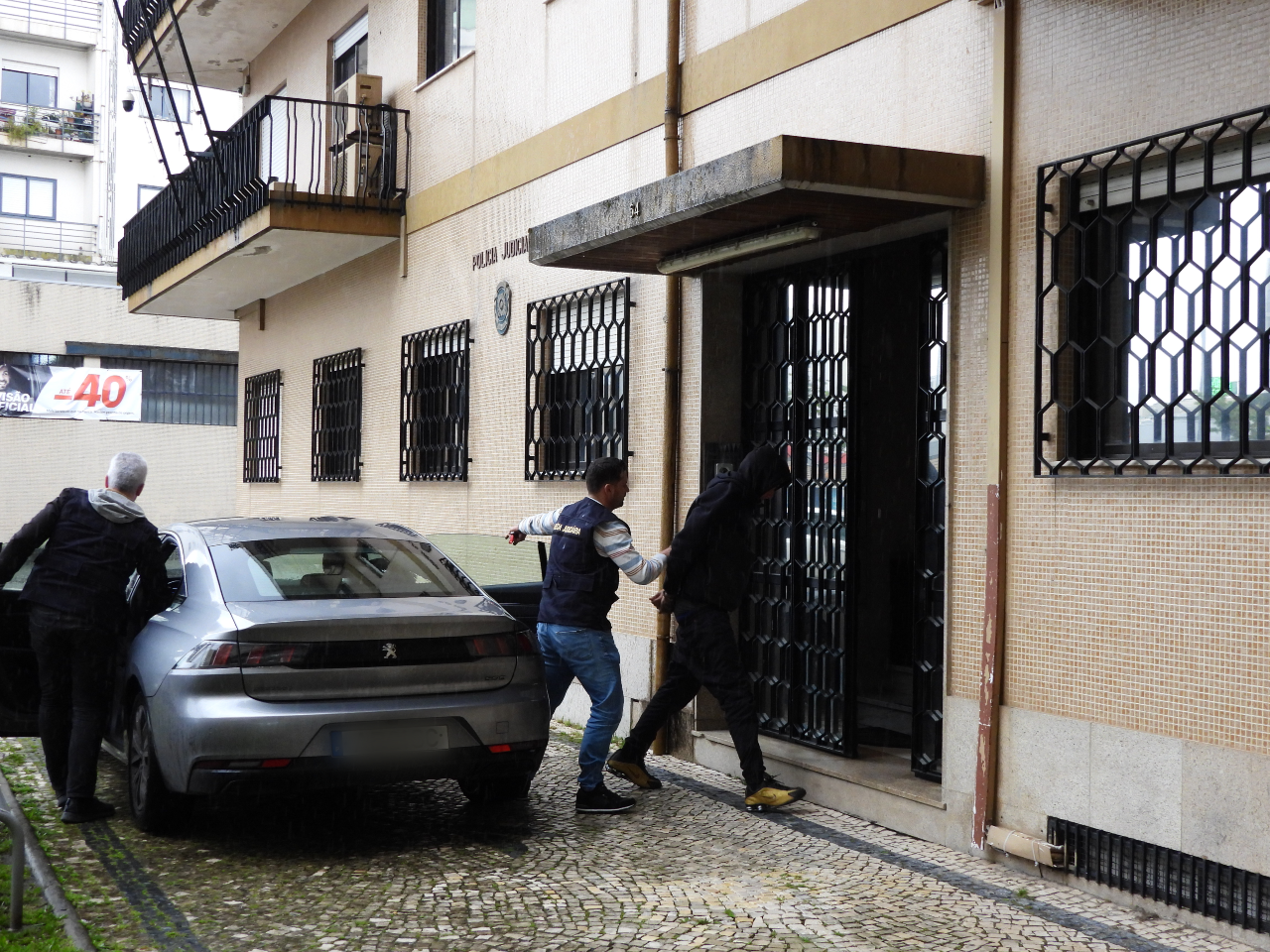Government Commitment to Border Control
The Minister of the Presidency, António Leitão Amaro, announced on Tuesday that he will reintroduce a proposal for a border police within the PSP (Public Security Police) to enhance the border control system presented earlier that day.
“The country will be much better off in both external border control and national territory oversight if a properly organized border police within the PSP is established,” stated Leitão Amaro, who is a candidate on the PSD/CDS electoral list. He also blamed the opposition for the rejection of the proposal that the government submitted.
Visit to Lisbon Airport
Leitão Amaro, alongside the Minister of Internal Administration, visited Lisbon Airport today to oversee the implementation of the new Entry and Exit System (SES), a European integrated border control model set to be operational by October.
He acknowledged that this project could be executed by security forces without a special unit but emphasized that the model would be comprehensive with dedicated resources.
Political Reactions
“The Council of Ministers approved it, it went to parliament, and was rejected, as you know. I still think nobody understands why the Socialist Party and Chega voted against the creation of a border police, the National Unit of Foreigners and Borders within the PSP,” he remarked.
The head of the AD-Coalition PSD/CDS in Viseu promised that the current government coalition would resubmit the proposal regardless of the outcomes of the May 18 elections.
“The government remains convinced of the importance of creating the border police within the PSP. We will insist on this possibility as soon as we can,” he affirmed.
Immigration Policy Update
Leitão Amaro highlighted that the country now understands the government's policy of regulated immigration, advocating for a security approach that respects human rights and the rights of all individuals, whether Portuguese or foreign.
Today also marked the introduction of the “green lane” for immigration, a mechanism allowing companies to hire immigrants from their home countries to meet the needs of the Portuguese economy.
“This is immigration for work with employment contracts and dignity and safety conditions. We tell the country and employers that for people to immigrate to Portugal, there must be conditions,” he explained, emphasizing that a visa must be backed by a real employment contract, avoiding fraud.
“We believe in the rule of law, in authorities that perform their oversight duties, and in governments that have the courage to regulate. This agreement states that labor immigration to Portugal must be conducted under rules and conditions,” he added.















Comments
Join Our Community
Sign up to share your thoughts, engage with others, and become part of our growing community.
No comments yet
Be the first to share your thoughts and start the conversation!